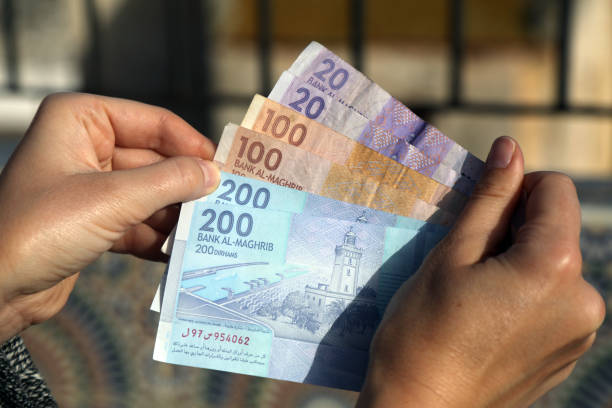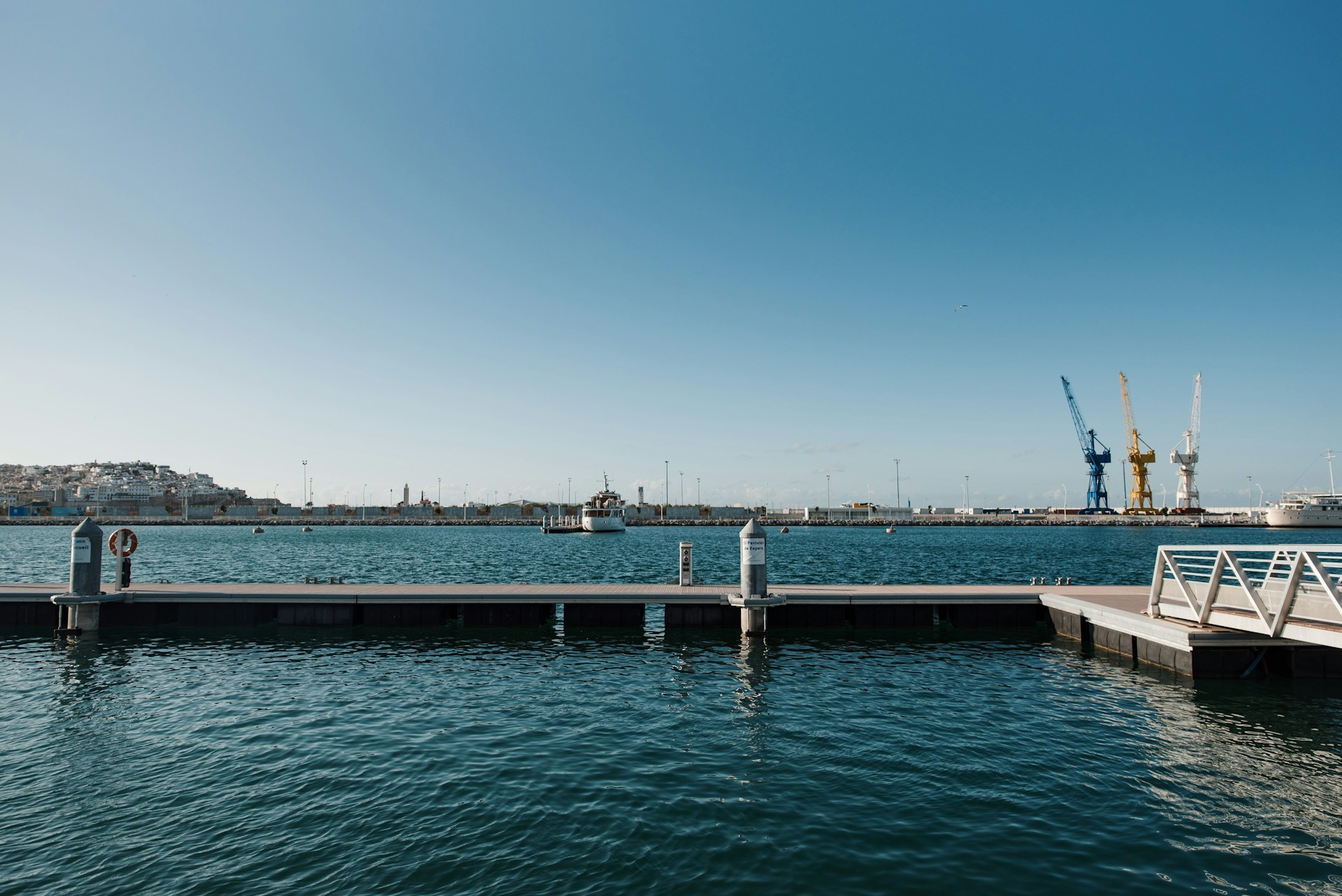Casablanca – Producers and exporters of vegetables and fruits in Morocco are urging the Ministry of Agriculture, Fisheries, Rural Development, Water, and Forests to reconsider the ban on exporting certain vegetables to African markets, particularly potatoes. They argue that the circumstances that led to this decision no longer hold true, given the decline in potato prices in the domestic market.
A coalition of agricultural unions and cooperatives from Larache region recently petitioned the minister overseeing the sector on this matter. They highlighted the persistent drop in potato prices locally, coupled with the continued export ban and escalating input costs, which are amplifying losses for farmers throughout the agricultural season.
Mohammed Al-Zamrani, President of the Moroccan Association of Exporters of Various Commodities to Africa and abroad, emphasized that the price of potatoes at farm gates is currently around 1.5 dirhams per kilogram (approximately $0.15 dollars), while seed prices range from 25 to 30 dirhams per kilogram (approximately $2.58 to $3.09 dollars). He also noted that the cost of producing one hectare of potatoes has surged from 50 to 90 thousand dirhams (approximately $5,154 to $9,180 dollars), leading to significant losses for farmers, estimated at over 20000 dirhams per hectare (approximately $2062 dollars).
Al-Zamrani pointed out the adverse effects of the export ban, including surplus production, farmers abandoning harvests due to market saturation, and the spread of mildew disease, exacerbated by high medicine prices. Consequently, farmers are considering shifting away from potato cultivation to more profitable alternatives like red fruits or avocado trees.
Moreover, Al-Zamrani argued that lifting the export ban would benefit citizens by preventing potato scarcity and soaring prices in Morocco. He suggested temporarily lifting the ban and establishing a monitoring committee to regulate the market while safeguarding the interests of farmers and consumers alike.
He concluded that potato producers are not acting against citizens’ interests but seek a balanced approach to meet both local and export demands. They advocate for opening up exports when domestic supply is abundant and imposing restrictions when potato prices exceed citizens’ purchasing power, ensuring a fair equilibrium in the market.
















